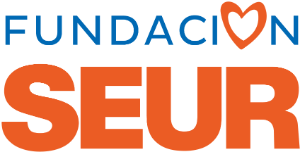Presentation
We live in a highly industrialized society where we are constantly surrounded by an environment steeped in chemical substances that we eat, breathe and touch. For most of the population, many of these substances are harmless. But not for everyone.
Nausea, vomiting, fatigue, and fainting are some of the symptoms that people suffering from multiple chemical sensitivity syndrome (MCS) have to contend with. Otherwise known as environmental illness, this condition is caused by an adverse reaction to a number of chemical compounds present in our surroundings.
People affected by this syndrome are ignored by institutions and the medical community and are even misunderstood by a wider society unable to recognise a condition that cannot be seen or felt, that subjects patients to social censure where even their mental health is questioned.
Birds of pollution captures the lives of a series of women affected by MCS and who require seclusion to survive, as they have to follow a strict protocol eliminating contact with these chemicals. This gloomy, claustrophobic routine aims to keep exposure to a constant invisible danger at bay. The home becomes an isolation chamber, where perspective is lost and the relationship with the outside world takes an unreal twist.
Biography
(Cadiz, 1983). Photographer specialised in documentary reportage, based in Madrid. Since 2016, her projects have dealt with pollution and climate change, and her photos have been published in major magazines and national and international newspapers such as Days Japan, Il Reportage, XL Semanal, El Mundo, El Español, Interviú and Vanity Fair.
For her latest project, Birds of Pollution, she was awarded the Photon 2018 grant, as well as first prize in the environmental category of the Neutral Density Awards 2018. She was a finalist in the Signoeditores Numen 2018 prizes and in the La Máquina 2018 grant, earning an honourable mention in the International Photography Awards (IPA 2017) and in the Monovisions Awards 2017, as well as being selected for the Biennial Grant 2017.













